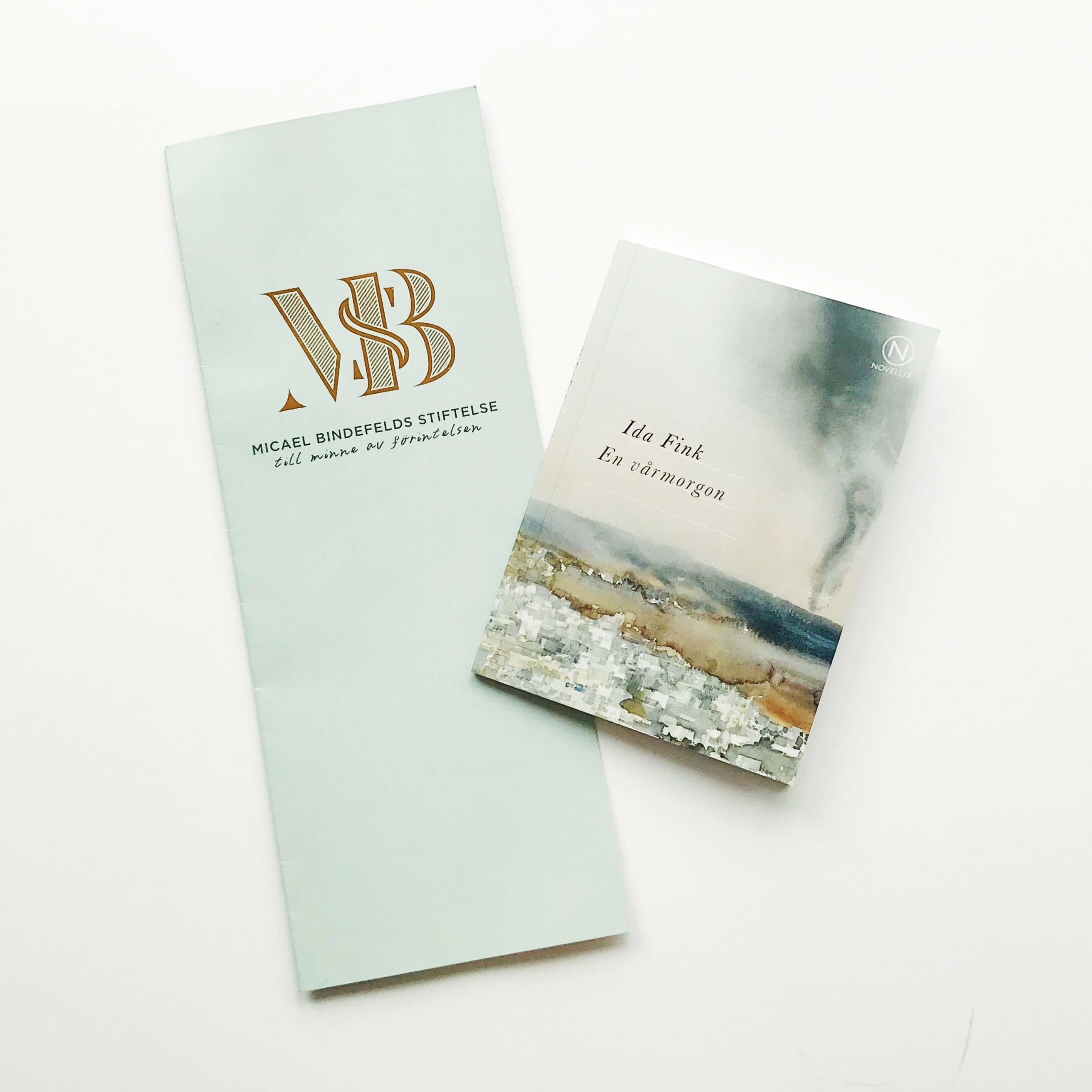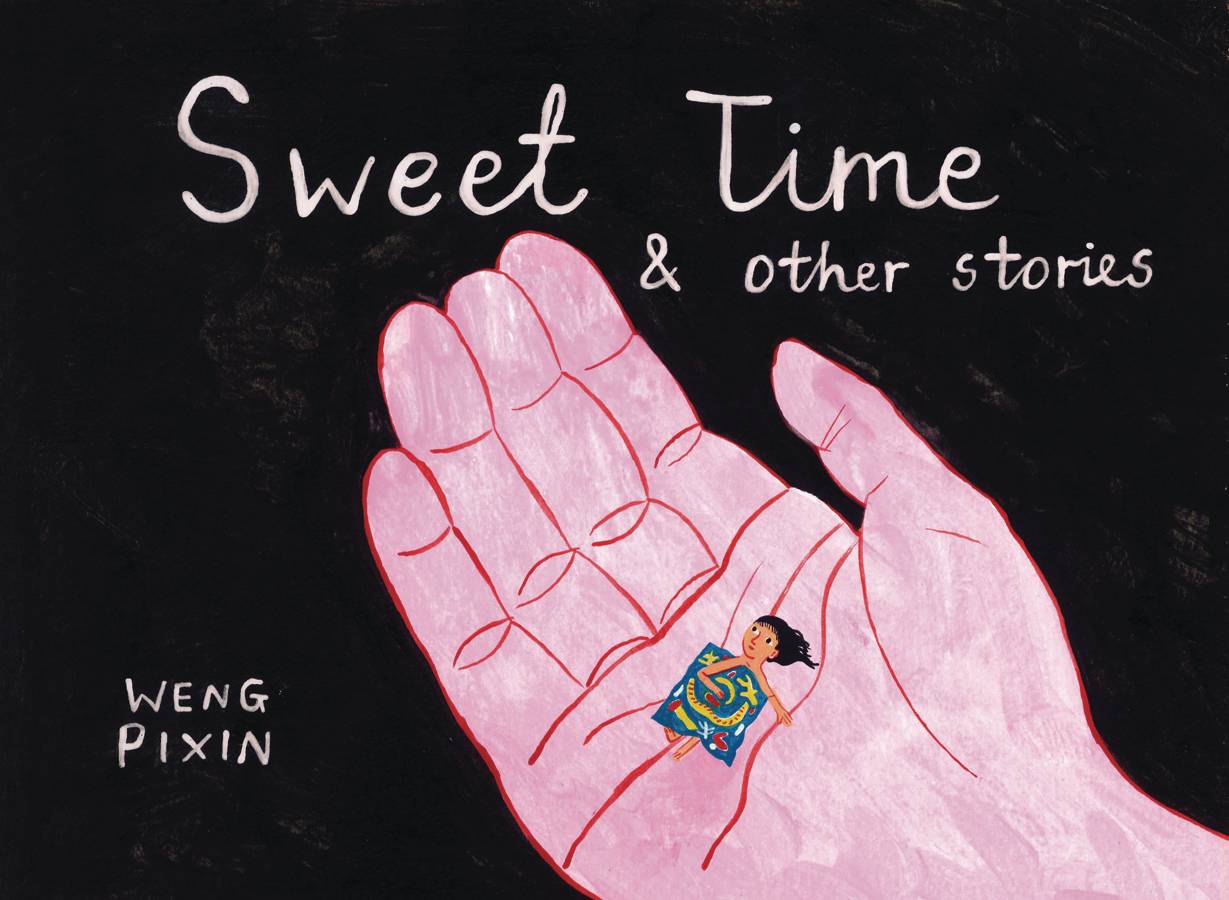

Society member access to a journal is achieved in one of the following ways: If you cannot sign in, please contact your librarian.

If your institution is not listed or you cannot sign in to your institution’s website, please contact your librarian or administrator.Įnter your library card number to sign in. Following successful sign in, you will be returned to Oxford Academic.Do not use an Oxford Academic personal account. When on the institution site, please use the credentials provided by your institution.Select your institution from the list provided, which will take you to your institution's website to sign in.Click Sign in through your institution.Shibboleth / Open Athens technology is used to provide single sign-on between your institution’s website and Oxford Academic. This authentication occurs automatically, and it is not possible to sign out of an IP authenticated account.Ĭhoose this option to get remote access when outside your institution. Typically, access is provided across an institutional network to a range of IP addresses. If you are a member of an institution with an active account, you may be able to access content in one of the following ways: Get help with access Institutional accessĪccess to content on Oxford Academic is often provided through institutional subscriptions and purchases. In addition to the book review, the chapter also provides a brief biography of Ida Fink as well as more focused analyses on some of the stories in the collection. The chapter reveals how these are spare, quiet stories that disturb in a far more upsetting way, for they threaten our very beliefs in an essential human dignity and innocence. The stories include no crematoria, no selections, and no merciless views of life in the camps, but their absence does not mitigate the sadness, futility, and the omnipresent ‘why’. Here, the stories in A Scrap of Time illustrate Fink's artistry in describing the dilemmas, conflicts, and crises of ordinary families facing the Nazi threat. The book includes scraps of ordinary lives that have been disrupted and terminated, and many of the stories are narrative slices of family, friends, or helpless bystanders. It is a collection which consists of twenty-three stories that offer a haunting, uncompromising view of life in Poland during the Holocaust. To learn more about how and for what purposes Amazon uses personal information (such as Amazon Store order history), please visit our Privacy Notice.This chapter reviews Ida Fink's A Scrap of Time.

You can change your choices at any time by visiting Cookie Preferences, as described in the Cookie Notice.

Click ‘Continue without accepting’ or ‘Customise Cookies’ to decline these cookies, make more detailed choices or learn more. Third parties use cookies for the purposes of displaying and measuring personalised advertisements, generating audience insights, and developing and improving products. This includes using first- and third-party cookies which store or access standard device information such as a unique identifier. If you agree, we will also use cookies to complement your shopping experience across Amazon stores as described in our Cookie Notice. We also use these cookies to understand how customers use our services (for example, by measuring site visits) so we can make improvements. We use cookies and similar tools that are necessary to enable you to make purchases, to enhance your shopping experiences, and to provide our services, as detailed in our Cookie Notice.


 0 kommentar(er)
0 kommentar(er)
